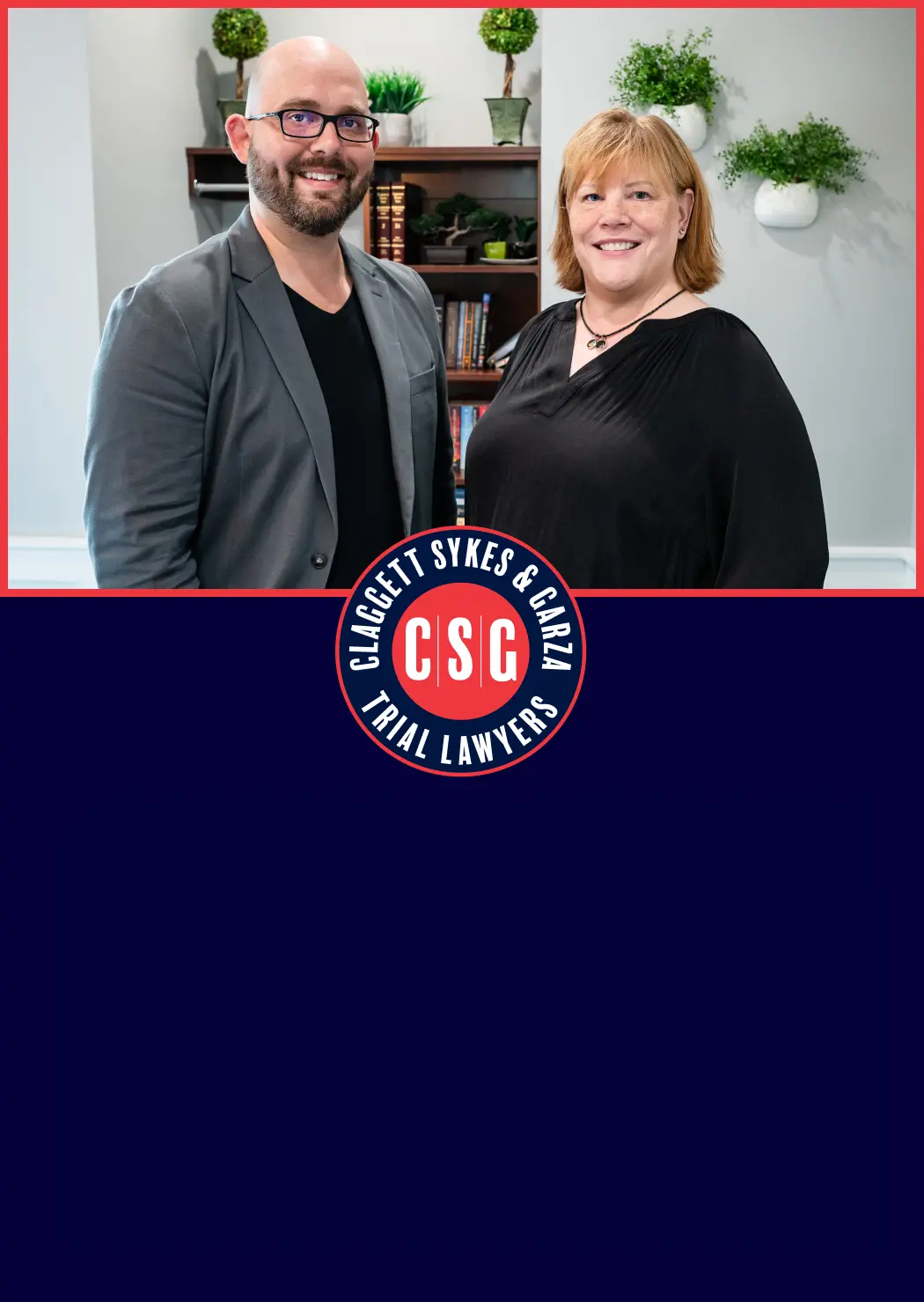The statute of limitations refers to the time period in which somebody who has been injured by medical negligence may file a lawsuit. If a potential plaintiff does not file a lawsuit within the relevant period, they may forever lose their chance at compensation. An experienced medical malpractice lawyer could help you file a strong claim within the statute of limitations. Call today to learn more about the Glastonbury medical malpractice statute of limitations and how an attorney could help you recover damages.
Calculating the Statute of Limitations
In Glastonbury, the statute of limitations in medical malpractice cases is generally two years from the date of the injury. If a potential plaintiff is injured due to a medical error and fails to file a lawsuit within 24 months of the initial date of the accident, they may lose the ability to ever recover compensation for their injuries.
In certain circumstances, the statute of limitations may be extended. One circumstance would be if a complainant did not discover their injury until after a significant amount of time had elapsed. For example, if a potential plaintiff was in a coma and did not recognize or experience the injury until awakening weeks or months later, the statute of limitations may not begin to run until the date the complainant discovers the injury.
Statutes of limitations may also be extended for cases involving infants, minors, or disabled persons. Not only are these plaintiffs inherently more vulnerable to medical error, but they may also not recognize an injury as quickly as an able-bodied adult.
If a plaintiff files a medical malpractice lawsuit beyond the normal, two-year statute of limitations, the defendant’s counsel will most likely file a motion to dismiss. In this case, a judge will examine the motion to dismiss, hear any counter-argument from the plaintiff’s attorneys, and make a rule as to whether or not to dismiss. In some cases, the judge may not only dismiss the case but also bar the plaintiff from filing any other lawsuit for the incident.

Get the Compensation You Deserve. Our Experienced Lawyers Can Help.
What Happens When a Case Goes on Beyond the Statute of Limitations?
A medical malpractice trial may sometimes proceed beyond the statute of limitations. In Connecticut, a plaintiff will likely need to wait two years for a jury trial in a medical negligence case. Even if they file that the day after the injury occurred, the trial will likely extend past the statute of limitations. If the statute expires while the case is pending, on trial, or under litigation, the case simply continues. Importantly, however, a plaintiff may not file against additional defendants once the statute of limitations has been reached.
As long as the case is filed within the Glastonbury medical malpractice statute of limitations, an extended trial would have no impact on compensation. If the case is filed after the statute of limitations has run out, then there would be no recovery.
Retain an Experienced Glastonbury Attorney
Potential plaintiffs should retain the services of medical malpractice attorneys when considering the statute of limitations. If a case is not filed in time, an injured party may lose out on any compensation. Therefore, it is imperative to understand the Glastonbury medical malpractice statute of limitations and how an attorney could help you recover damages.

